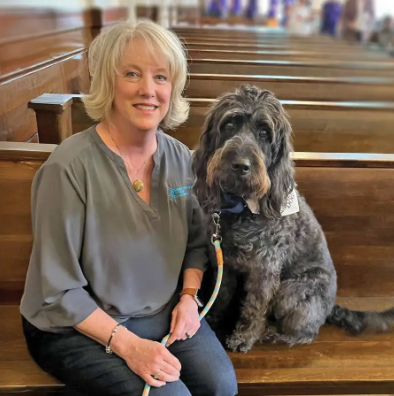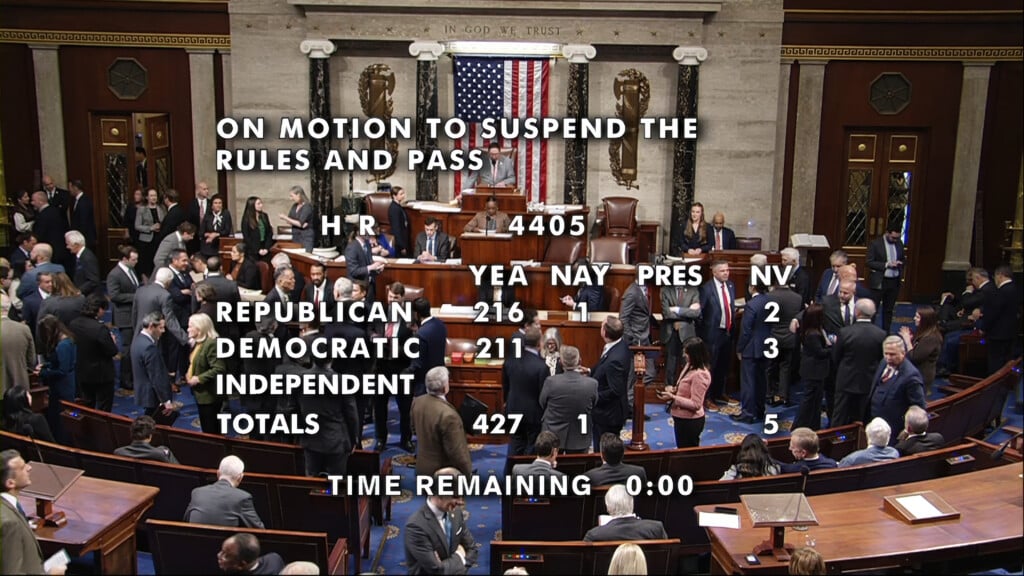Jury: Life sentence for grandmother in girl’s running death

A jury is recommending life without parole for an Alabama woman convicted of capital murder in her granddaughter’s running death.
Jurors rejected prosecutors’ pleas for a death sentence for Joyce Hardin Garrard.
The decision came Thursday on Garrard’s 50th birthday.
The verdict is only a suggestion under Alabama law. Circuit Judge Billy Ogletree will make the final sentencing decision at a hearing later.
The same jury convicted Garrard of capital murder last week in the February 2012 death of 9-year-old Savannah Hardin.
Prosecutors told jurors the woman deserved to die for making the girl run for hours as punishment for a lie about candy. The child collapsed and died later in a hospital.
The defense asked for mercy, arguing that Savannah loved Garrard and wouldn’t want her put to death.
THIS IS A BREAKING NEWS UPDATE. Check back soon for further information. AP’s earlier story is below.
A jury began deliberating Thursday on whether an Alabama woman convicted of running her granddaughter to death should be executed or face life in prison without parole.
The jury began deliberating late in the morning after prosecution and defense attorneys presented closing arguments in the sentencing phase of Joyce Hardin Garrard’s trial. She was convicted of capital murder last week. Thursday is her 50th birthday.
Assistant District Attorney Marcus Reid asked jurors to recommend the death penalty, adding that he’s never prosecuted a case like this one.
“This case is the only case I know of where the perpetrator forced the victim to participate in her own death,” he said. “Joyce Garrard forced Savannah Hardin to help kill herself.”
Prosecutors contend Garrard made the girl run as punishment for telling a lie about candy, and refused to let Savannah stop running even after the girl was vomiting and begging for an end to the exercise. In court, they cited a school bus surveillance video that captured Garrard saying she would run the girl and teach her a lesson.
Reid told jurors that Garrard had cried in the courtroom at the mention of her birthday, but didn’t cry when jurors were shown the soiled blue pants Savannah was wearing the night of her collapse.
“Savannah is dead. Joyce Garrard is pitiless. She doesn’t believe she did anything wrong,” he said.
Defense attorney Dani Bone stood beside the jury box holding a small, dark rock and reminded jurors that in old times, the jury would participate in the execution by throwing rocks at the condemned.
He said they have a right to say, “I ain’t throwing that stone.”
“If you can’t throw that stone, be the first one, then don’t,” he added.
Garrard’s family and friends had pleaded Wednesday for jurors to spare her life after, calling her a loving grandmother who endured an abusive childhood that included being beaten by her own grandmother.
Garrard, of Boaz, testified last week she had no intention of harming the girl and denied she had forced her to run. Garrard said during cross examination that Savannah wanted Garrard to help her get faster for races at school, and they both ran “a bunch” before Savannah collapsed.
Bone argued that Savannah wouldn’t want her own grandmother put to death.
“Joyce loved Savannah, that’s been proven. Savannah loved Joyce, that’s been proven,” he said.
He said circumstances make it especially hard to condemn her to death. “There is no comparison for this one because it is the first one of its kind ever. You people will be setting the bar.”
Because Thursday was Garrard’s birthday, deputies allowed her to hug relatives across the short wall that separates the front of the courtroom from the spectators before court opened in the morning.
Joyce embraced her husband Johnny Garrard for several minutes, rubbing his back and the back of his head as she and her relatives wept.
Afterward, she sat down at the defense table and stared at her son and Savannah’s father, Robert, who was in the courtroom for the first time. He sat directly behind the prosecution table and did not appear to return the eye contact.
Jurors will recommend either death or life without parole.
A vote of at least 10 of 12 jurors is required for the panel to recommend death. A simple majority can recommend life.
The final decision will be up to Circuit Judge Billy Ogletree. (Copyright 2015 The Associated Press. All rights reserved. This material may not be published, broadcast, rewritten or redistributed.)






